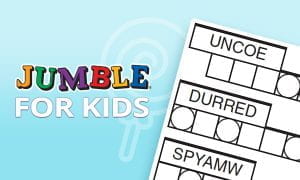 “Papier-mâché or paper mache, French for “chewed paper”, is a composite material consisting of paper pieces or pulp, sometimes reinforced with textiles, bound with an adhesive, such as glue, starch, or wallpaper paste.
“Papier-mâché or paper mache, French for “chewed paper”, is a composite material consisting of paper pieces or pulp, sometimes reinforced with textiles, bound with an adhesive, such as glue, starch, or wallpaper paste.
Starting around 1725 in Europe, gilded papier-mâché began to appear as a low-cost alternative to similarly treated plaster or carved wood in architecture. Henry Clay of Birmingham, England, patented a process for treating laminated sheets of paper with linseed oil to produce waterproof panels in 1772. These sheets were used for building coach door panels, amongst other structural uses. Theodore Jennens patented a process in 1847 for steaming and pressing these laminated sheets into various shapes, which were then used to manufacture trays, chair backs, and structural panels, usually laid over a wood or metal armature for strength. The papier-mâché was smoothed and lacquered, or finished with a pearl shell finish.”
For this month’s challenge we want you to get your hands dirty and create a “chewed paper” creation of your very own.
Below are the directions for making papier-mâché paster.
Rules:
1. Single entries only.
2. All entries must have submission form attached, see below.There are more at the main office.
3. All materials must be created, papier-mâchéd and incorporated into a gift.
4. All entries are due Friday, December 15th!

#getyourcrafton








You must be logged in to post a comment.